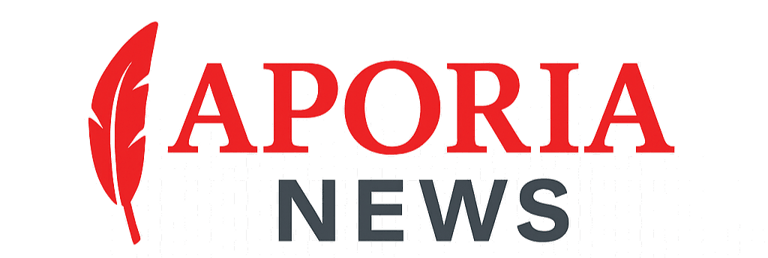Democrats Cave Over SNAP? : Senate Aproves Bill to End Shutdown
The Senate votes 60–40 to end the record shutdown, with eight Democrats joining Republicans to pass a bill funding government operations and extending SNAP through 2026.
POLITICS


The U.S. Senate has approved a bipartisan stopgap funding bill aimed at ending the record-long federal government shutdown, advancing legislation that would reopen agencies through January 30, 2026, and provide full-year funding for key departments, including the Department of Agriculture and the Supplemental Nutrition Assistance Program (SNAP).
The bill passed late Monday night on a 60–40 vote, with all but one Republican senator voting in favor and eight Democrats — Jeanne Shaheen and Maggie Hassan of New Hampshire, Tim Kaine of Virginia, Jacky Rosen and Catherine Cortez Masto of Nevada, John Fetterman of Pennsylvania, Dick Durbin of Illinois, and Independent Angus King of Maine — crossing party lines to support the measure.
The legislation now moves to the House of Representatives, where a vote could come as early as midweek. President Donald Trump has signaled support for reopening the government but has not yet formally committed to signing this specific bill.
The agreement funds the government at existing spending levels through January and provides full-year appropriations for military construction, veterans’ affairs, the legislative branch, and agriculture. As part of that agriculture funding, SNAP is financed through the end of fiscal year 2026, resolving the immediate uncertainty over the program’s near-term budget.
SNAP benefits had been a flashpoint throughout the shutdown. Contingency funding was only sufficient to cover part of November’s estimated need, leading to lawsuits over whether the Trump administration could limit payments and court orders temporarily requiring full benefits in several states. Even as the Senate voted to end the shutdown, those legal challenges continued, with the administration appealing lower court rulings.
The shutdown itself grew out of broader budget disputes over spending priorities and healthcare subsidies, not a single issue like SNAP. The new agreement maintains current funding levels and guarantees a future Senate vote on extending Affordable Care Act subsidies but does not reverse previous policy changes such as stricter work requirements for some SNAP recipients.
If the House passes the bill and Trump signs it, the shutdown would officially end, federal employees would receive back pay, and agencies would resume normal operations. For the roughly 42 million Americans who rely on SNAP, the measure would provide stable funding through 2026, though the exact timing of benefit payments will depend on how quickly the government reopens and ongoing court rulings are resolved.
